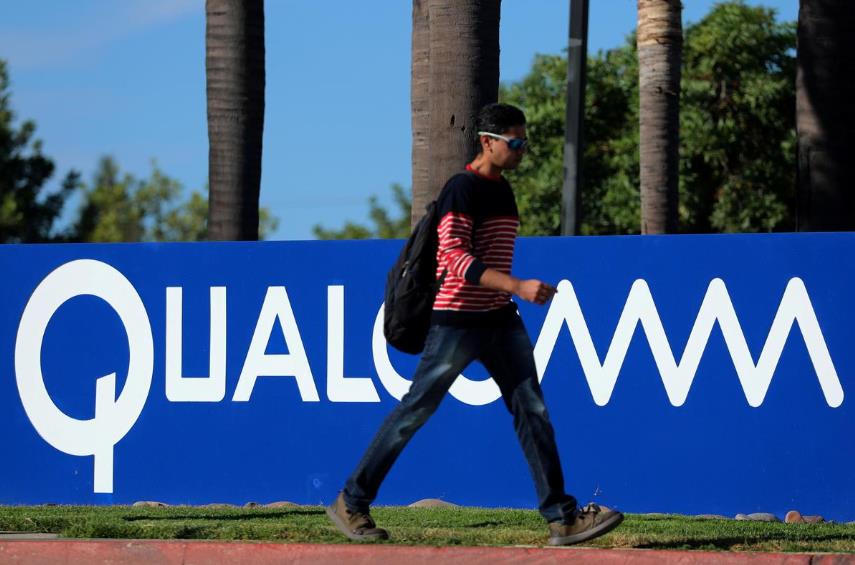US judge says Qualcomm violated antitrust law; appeal planned, shares plunge


Qualcomm Inc illegally suppressed competition in the market for smartphone chips by threatening to cut off supplies and extracting excessive licensing fees, a US judge ruled, a decision that could force the company to overhaul its business practices.
The decision issued late Tuesday night by US District Judge Lucy Koh in San Jose, California, caused Qualcomm shares to plunge 11.4 percent on Wednesday.
"Qualcomm's licensing practices have strangled competition" in parts of the chip market for years, harming rivals, smartphone makers, and consumers, Koh wrote in a 233-page decision.
She ordered the San Diego-based company to renegotiate licensing agreements at reasonable prices, without threatening to cut off supplies, and ordered that it be monitored for seven years to ensure its compliance.
Qualcomm said it will immediately ask Koh to put her decision on hold, and also seek a quick appeal to the federal appeals court in California.
"We strongly disagree with the judge's conclusions, her interpretation of the facts and her application of the law," general counsel Don Rosenberg said in a statement.
Koh's decision followed a 10-day non-jury trial in January, and is a victory for the US Federal Trade Commission, which has accused Qualcomm in 2017 of violating antitrust law.
The decision followed Qualcomm's April 16 settlement of a long-running legal battle with Apple Inc, where Apple agreed once again to use Qualcomm chips in its iPhones, displacing Intel Corp.
It is unclear whether the sanctions will be challenged by the US Department of Justice, which had asked Koh on May 2 to hold a hearing on that matter if Qualcomm were found liable.
"The possibility certainly exists for Qualcomm to prevail upon appeal" given the government's "somewhat schizophrenic" approach to the case, with the FTC and Justice Department appearing at odds, Bernstein analyst Stacy Rasgon wrote.
The Justice Department was not immediately available for comment on Wednesday.
Reuters

































